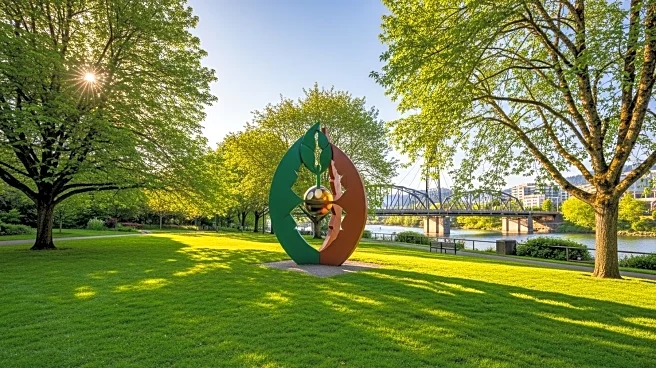Portland, Oregon, is a city with a significant environmental and cultural footprint. Known for its commitment to sustainability and vibrant arts scene, Portland's impact is felt in various aspects of city life. As the largest city in Oregon, Portland's footprint reflects its unique character and appeal.
Geographic Reach
Portland's geographic reach extends beyond its city limits, influencing regional development and environmental policies. The city's strategic location at the confluence of the Willamette and Columbia rivers has facilitated trade and transportation, contributing to its economic growth.
Institutional Presence
Portland is home to numerous institutions that contribute to its cultural and environmental footprint, including universities, museums, and cultural organizations. These institutions play a vital role in shaping the city's identity and fostering community engagement.
Economic and Social Footprint
Portland's economic footprint is marked by its diverse economy, which includes tech, creative, and sustainable industries. The city's social footprint is reflected in its commitment to community engagement and social equity, ensuring that all residents have access to opportunities and resources.
Environmental or Community Impact
Portland's environmental impact is evident in its extensive green spaces and sustainable practices. The city's commitment to environmental stewardship has earned it a reputation as one of the most environmentally friendly cities in the U.S., influencing urban development and policies nationwide.

 Discover Daily
Discover Daily 






